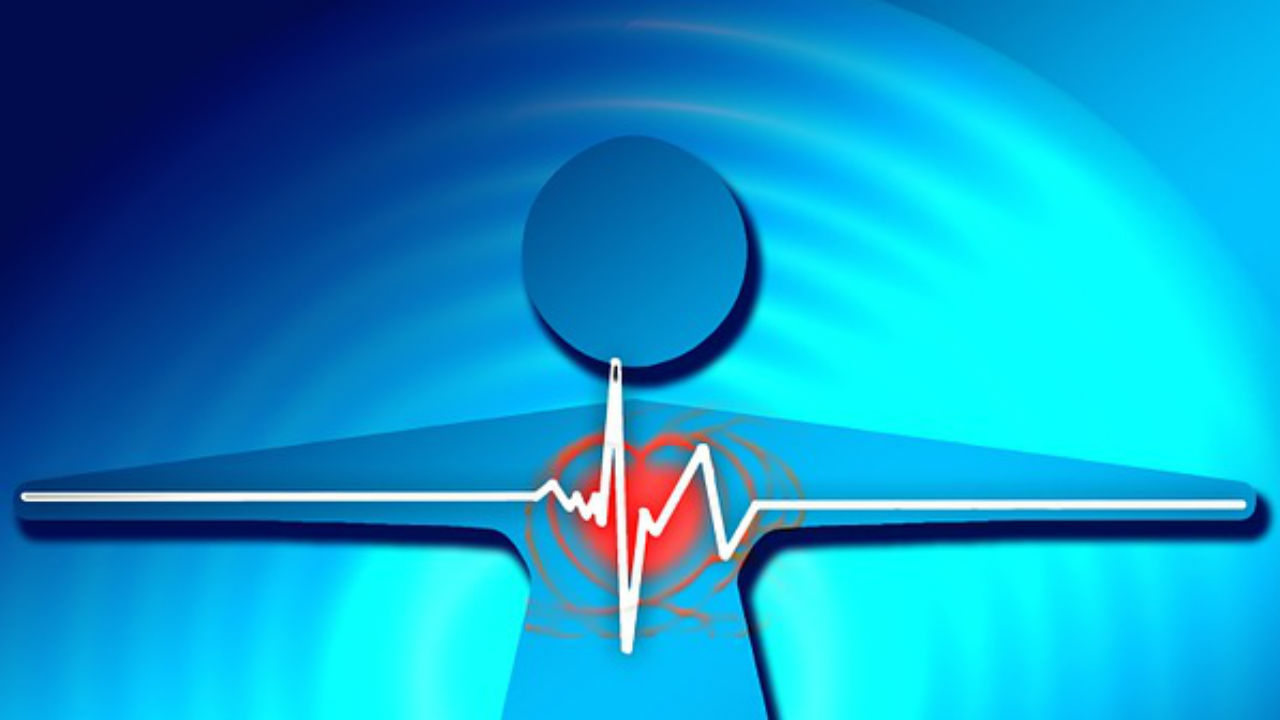Most patients assume when their cardiologist recommends surgical intervention for a partially blocked artery, there's no alternative. Likewise, many heart patients agree to certain diagnostic tests believing the doctor wouldn't prescribe them if there was a better way to get information about their heart's health.
In both cases, heart patients should know that certain heart surgeries and diagnostic tests may be harmful to their health. If your doctor recommends any of the six cardiac procedures below, get a second opinion, and tell him or her you are looking for a safer and equally effective alternative.
Bypass surgery. Three major studies performed in the late 1970s and early 1980s -- the VA Cooperative Study, the NIH's Coronary Artery Surgery Study, and the European Coronary Artery Surgery Study -- all clearly proved that for the majority of patients, bypass surgery is no more effective than conservative medical treatment. The bypass patients did not live significantly longer or have fewer heart attacks than those who did not undergo surgery. Recent studies agree with these results.
Angioplasty. Studies on angioplasty -- where a balloon-tipped catheter is inserted into the vessel and then inflated -- delivered even worse news. The famous 1999 AVERT Trial found that unless the patient was in the middle of a heart attack, opening a blocked coronary artery with a balloon catheter resulted in a worse outcome compared to management through medication.
Stents. This is a flexible, expandable wire mesh tube threaded into a vessel at the site of the blockage, and then expanded to hold the vessel open. Several clinical studies, most notably the OAT and Courage trials, found stents did not provide any benefit beyond that afforded by medical therapy alone. In fact, stents proved detrimental, increasing the occurrence of repeat heart attacks in the patients studied.
64-Slice CAT Scan. Cardiac CAT scans produce an astounding amount of radiation exposure for the patient, often the equivalent of up to 750 chest X-rays -- or more radiation than experienced by Japanese survivors of Nagasaki. Unless you are in an emergency situation and your doctor needs diagnostic information immediately about coronary blood flow, this is a test to avoid, as the radiation in these tests can often lead to DNA breaks that may foster the initiation of cancer.
Nuclear Stress Tests. Nuclear stress tests evaluate how much oxygenated blood reaches the heart muscle during exercise compared to when the body is at rest -- by injecting the patient intravenously with a radioactive isotope that can be tracked. As with CAT scans, radiation never actually leaves your body; patients who go through a nuclear stress test remain "hot" for weeks afterward, even setting off radiation detectors.
Coronary Calcium Scans. These procedures have not been recommended by the American Heart Association or the American College of Cardiology for mass screening of men and women -- yet continue to be promoted by doctors, hospitals, outpatient clinics, and product advertisers. Coronary calcium scans are X-ray studies -- done with special CAT scanners -- that show the amount of calcium in the artery wall, which may be a measure of your risk of heart attack. There are better and less expensive ways to get this information that do not expose the patient to unnecessary radiation.
A more complete discussion of these cardiac procedures and safer, more effective alternatives appears in The Great American Heart Hoax: Lifesaving Advice Your Doctor Should Tell You About Heart Disease Prevention (But Probably Never Will!).
©2008 Michael Ozner, MD
Author Bio
Michael Ozner, MD, FACC, FAHA, is the author of The Great American Heart Hoax: Lifesaving Advice Your Doctor Should Tell You About Heart Disease Prevention (But Probably Never Will.) (Published by BenBella Books; 978-1-933771-54-0) For more information please visit www.drozner.com.






Add a Comment1 Comments
These are the cardiac procedures which are often recommended by doctor. I am sure every 5 cardiac patients out of 10 must have performed angioplasty or stent placements. If the medication therapy can better manage these conditions, why are doctor recommending these costly procedures, which are not helping patients much in comparison to the medication management.
Sandy
March 19, 2010 - 12:50pmThis Comment